We relived our trauma for one child abuse inquiry and we have felt ignored for years
Two years after the conclusion of the Independent Inquiry into Child Sexual Abuse, some of its recommendations are finally set to be implemented. Many who shared their stories have since died. Some of those who gave evidence tell Ben Gelblum why they still feel like the forgotten victims
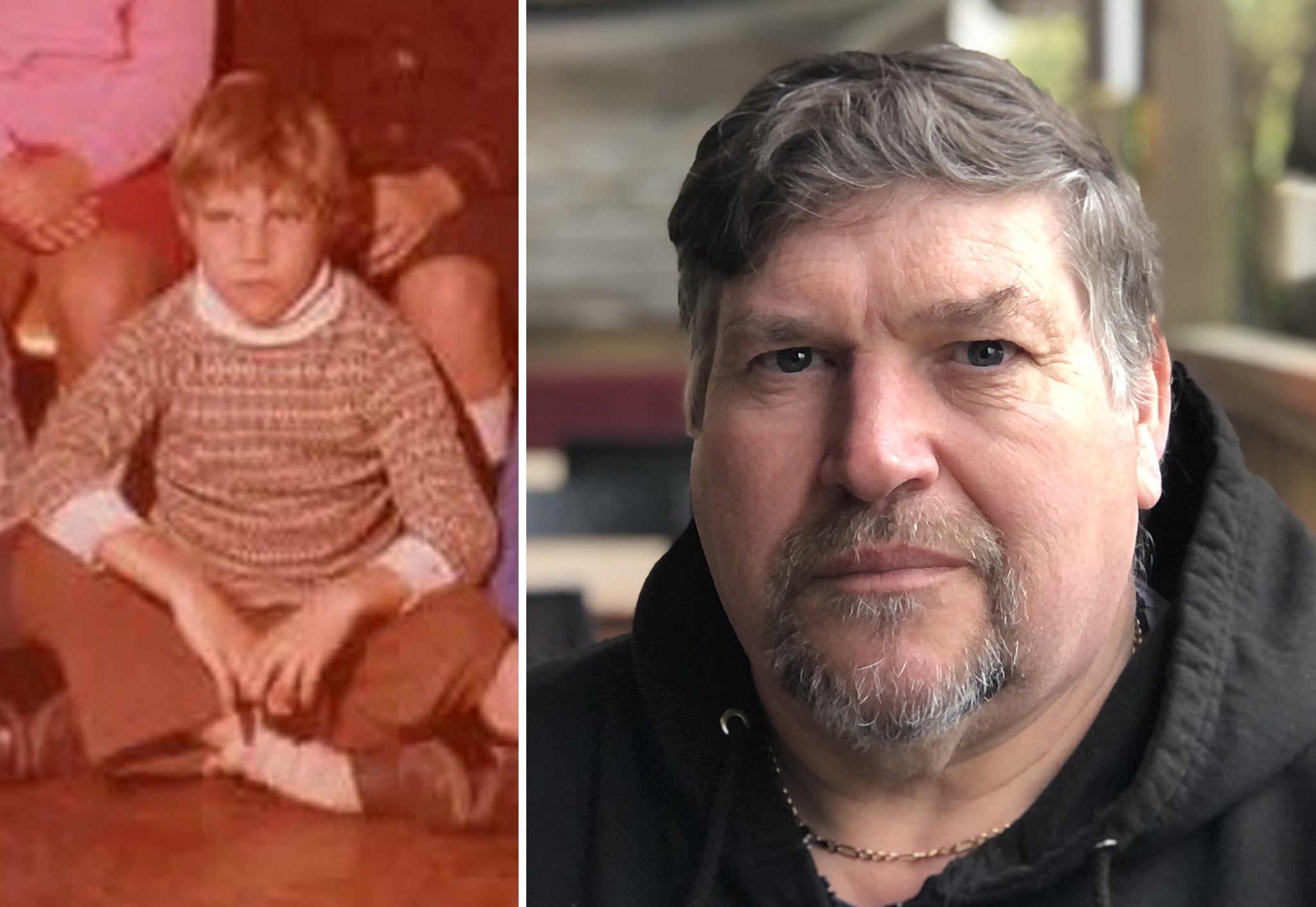
Professor Alexis Jay, who chaired the Independent Inquiry into Child Sexual Abuse (IICSA) between 2016 and its conclusion six years later, hit out this week at those who are unhelpfully “politicising” the subject. She insisted that survivors who had mustered the courage to come forward now want everyone to “get on with” implementing the reforms proposed by the seven-year inquiry.
But many of those who bravely shared their stories claim that their testimonies have been largely ignored until now. Thousands of survivors of child sexual abuse relived their trauma to testify to the inquiry. It was launched by Theresa May in 2015 to replace a previous iteration that had been announced a year earlier, and it published its final report in 2022.
Yet two years after the inquiry delivered 20 urgent recommendations to the government, survivors who participated in it have described the immense toll of testifying and the continued trauma of waiting for its reforms to see daylight. They insist that survivors should be listened to, against the backdrop of a political row precipitated by Elon Musk’s pronouncements on his social media platform X (formerly Twitter).
As Conservative and Reform MPs have taken up Musk’s call for a fresh national inquiry into child grooming, and ministers insist that it’s more important to implement the child protection measures recommended by the IICSA and other, local inquiries, the survivors have been left with the sense that they are being used as a political football.
It took the furore over Musk’s interventions for the home secretary, Yvette Cooper, to announce that a number of recommendations from the inquiry – such as making it mandatory for those in certain roles to report child sex offences, and allowing grooming to be cited as an aggravating factor when sentencing abusers – would be implemented, to be followed by other measures proposed by the panel headed by Professor Jay.
For abuse survivors who participated in the IICSA, this cannot happen soon enough. Nigel O’Mara, 61, as both a survivor of abuse and a counsellor to survivors, provided testimony that was key to the inquiry. He said: “The victims in all this have gone through a seven-year inquiry process, and yet two years on, we haven’t even received a single letter about any form of progress from anyone.
“We feel we’ve been left out in the cold, and it has all taken such a long time that dozens of core participants have died during the process. They were due reparations, and will never receive them. It took a lot of effort for survivors to come forward, and they must not be forgotten.”
Pauline Barten, 66, campaigned for and then contributed to the IICSA. “We want all the recommendations to be implemented now,” she insisted. “All I care about is that children are safer. We don’t want to be used as a political football.”
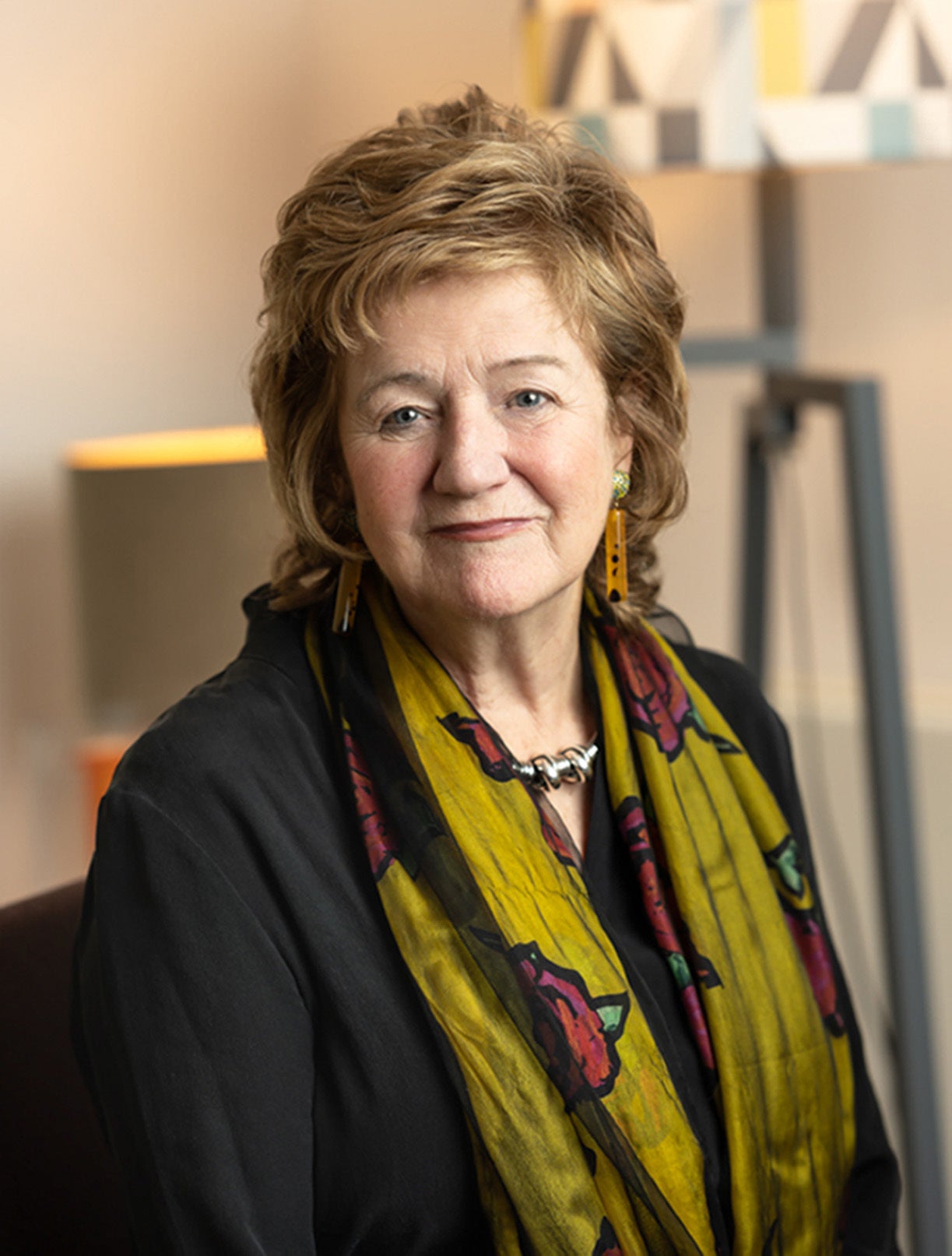
She called for “progress, not just pointing fingers”, and sought to defend Labour minister Jess Phillips, who was subjected to a social media pile-on by Musk and others. Barten described this online abuse as “unhelpful”; she believes that Phillips, who is the minister for safeguarding, has done more than most on behalf of survivors.
“How anyone can blame a government that has been in power for just six months is ridiculous,” she added. “Successive governments have all failed children. My heart drops when I see people insulting politicians on social media – these are the people we now need to work with to finally get safeguarding children right.”
“We have been left hanging in limbo,” added core participant Alistair Aldridge, 63. “Time has been wasted in which children could have been protected by some of the key measures proposed. Suella Braverman is now calling for another national inquiry, yet she never implemented any of the IICSA’s recommendations as home secretary. We need action, not words, now, and it shouldn’t have taken two and a half years after the inquiry ended for billionaire Elon Musk to bring this topic up.”
The IICSA published its final report in October 2022, warning that child sexual abuse is “a national epidemic”. It said that children were failed horrifically by institutions such as local authorities, police forces, religious organisations and schools, and recommended crucial changes both to protect children and to support victims.
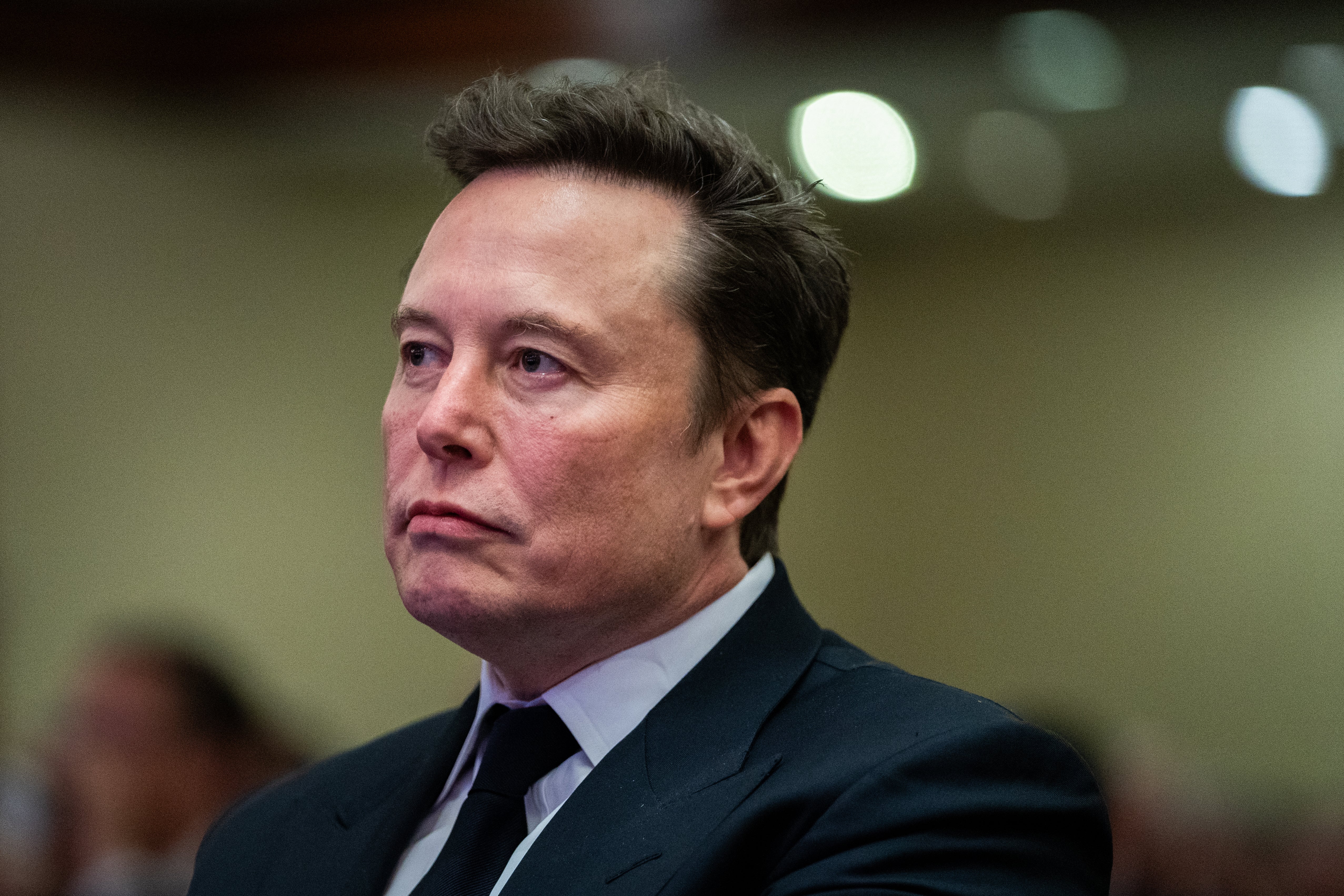
Below, some of the survivors who summoned up immense courage to deliver their painful testimonies describe the pain they endured to help ensure that others should not suffer as they did.
‘No victim or survivor should feel endangered by going to the police’
Pauline Barten, 66, from Mansfield, was groomed and abused by a paedophile ring from the age of three until she was nine years old. She now lives with her Dutch husband Wouter in the Netherlands.
“My submissions to the inquiry included calling for mandatory reporting for professionals. That’s what they have here in the Netherlands, and what survivors have been calling for in the UK for many years. It would have saved my childhood, and they need to implement it properly now to safeguard future generations of children.
“Reading through the submissions I made to the inquiry is quite upsetting. It brings it all up again. It was a very difficult process. Giving my testimony brought all the fear back. It meant reliving it to [the person gathering evidence], who found it difficult, too.
“People find it hard to hear atrocities. But we survivors have to live with it every day, and it’s hard. At times, it was so painful, I would run to the toilet and throw up so much I’d bleed. But the lady at the inquiry always listened, and made good suggestions – and when I had finished, I felt somehow as though the shame had lifted.
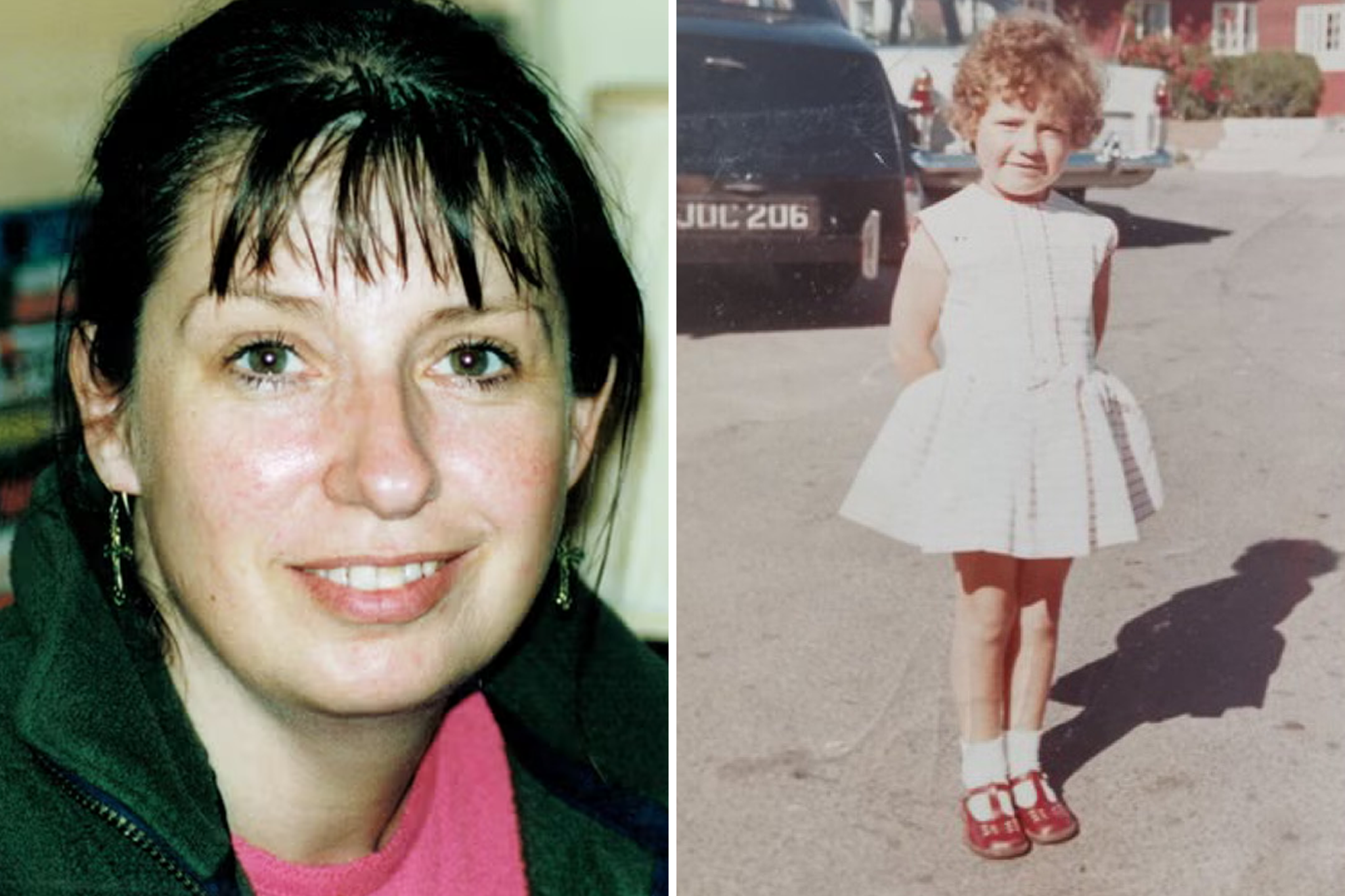
“I had always blamed myself for what happened. That’s what predators do to you. I was drugged and abused by an organised paedophile ring at parties in London, Nottingham and Mansfield. It only stopped when I was nine, and it destroyed my life.
“How police respond to victims is crucial, and out of all the many officers I dealt with, perhaps three of them showed me some humanity, and only one ever acted on what I told them. He said I had been very brave. Mostly I felt like I was the person being investigated.
“The inquiry found that the Victims’ Code isn’t always followed, and that if it was, victims would have more confidence that they would be believed – and importantly, safeguarded properly. I never received any victim support.
“Predators are often linked to organised crime. No victim or survivor should feel endangered by going to the police and doing their civic duty in reporting these vile crimes. The system should be there to protect us, and the inquiry exposed systemic failures.
“The system chews you up and spits you out, and that’s certainly what happened to me. Nobody faced justice for my abuse. I think it’s important that the victims and survivors panel group that Yvette Cooper has finally announced will focus on the Victims’ Code being implemented consistently across the criminal justice system. The more awareness of these crimes, and the more confidence people have in coming forward, the safer children will be.
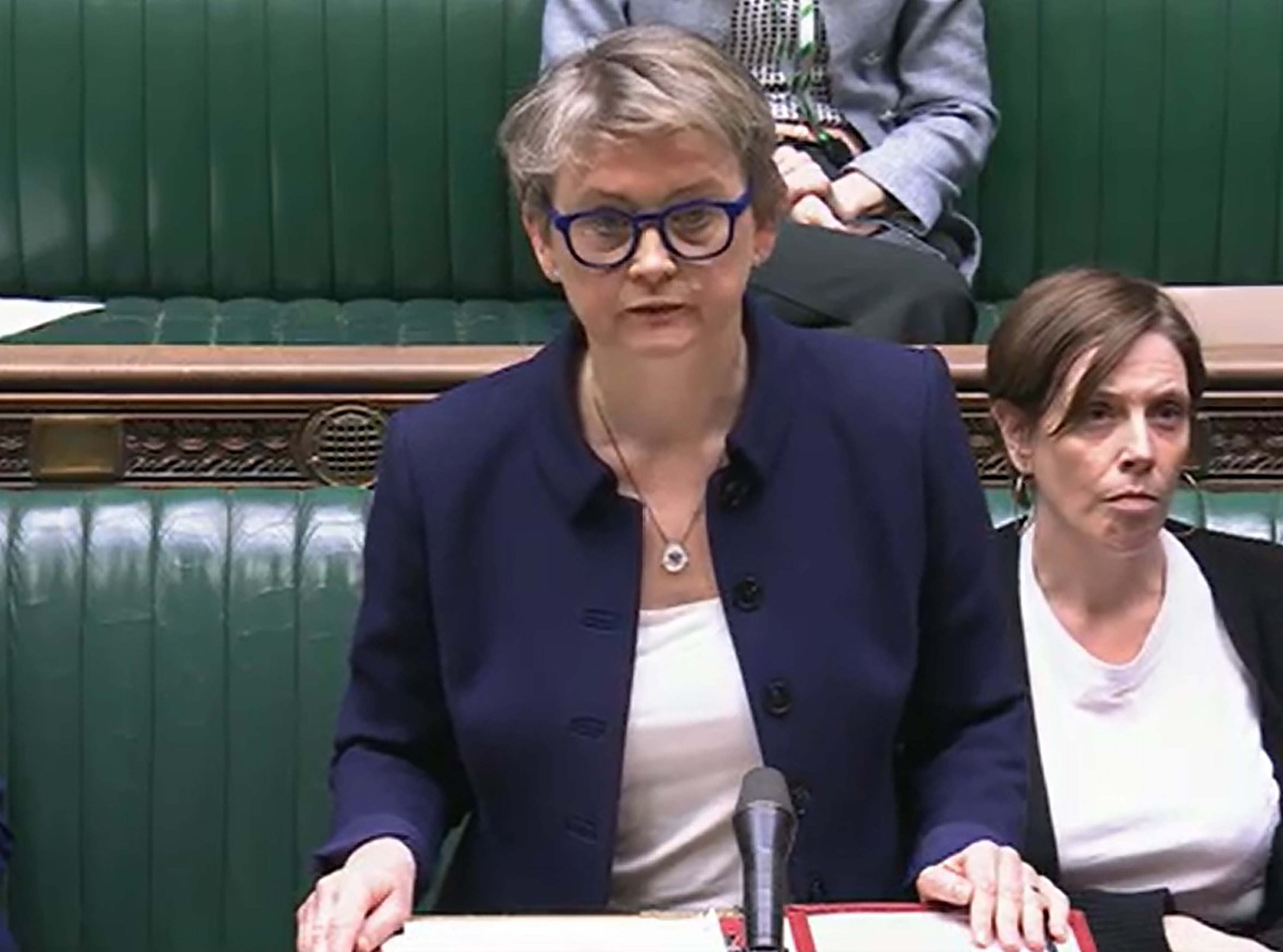
“When I saw the news on my phone this week – what Yvette Cooper had said about implementing recommendations – I had to get my husband to read it out as I was crying. Credit where it’s due. This will be groundbreaking work they are doing. I am very happy that recommendations we fed into may finally now see the light of day and protect children. When that happens, I will finally be able to move on with my life and put this all behind me.”
‘I had to go to therapy after testifying to the inquiry – the toll it takes should be recognised’
Nigel O’Mara, 61, testified about his abuse between the ages of 12 and 18 while in care in Surrey and then by a local paedophile ring. He has campaigned for survivors for 40 years, founded the Survivors UK helpline in 1986, and called for a national inquiry to take place before Theresa May eventually established one in 2014.
“I reported abusers to the police when I was 12, and again when I was 15 years old. On both occasions I was turned away – once told not to be so stupid, and on the other occasion told to f*** off. When the police were told to reinvestigate historic sexual abuse in 2015, after various scandals, they upheld my complaints and acknowledged that they should have been actioned.
“They told me that the abusers I knew enough about to identify had been known paedophiles, but they had already died by this time. I knew the name of one, and I had learnt the number plate of another by heart. I can still picture it now. The officers could see that they had both already been convicted of offences, and released less than a year before they abused me. And what destroyed me even more was that they had gone on to reoffend.
“The current position is that there is still no sanction for anyone who ignores information about child abuse unless it can be absolutely proved that they knew something; then, at most, they may face a charge of misconduct in a public office. The inquiry recommendation on mandatory reporting is crucial – everyone professional in contact with a child should have a sense of duty to report something wrong if they see it. Most parents have no idea that this still isn’t the case today.
“We need sports coaches, teachers, scoutmasters, anyone to be able to report concerns, even if it’s not happening in their organisation. And this must include the Church – faith institutions defend more child abuse cases than any other type of organisation in this country. They must all face up to their safeguarding responsibilities.
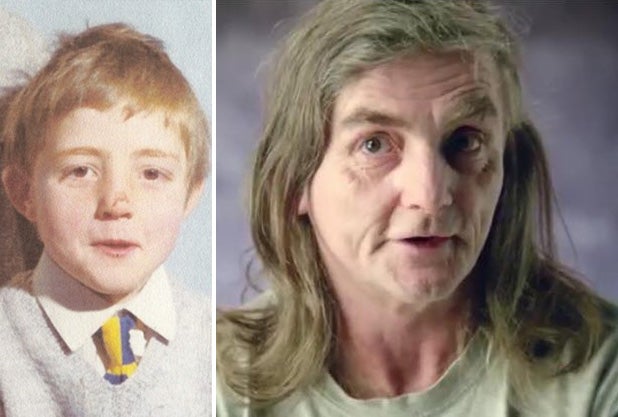
“If people have a duty to report child abuse that is over and above their duty to protect their organisation and colleagues, information on abusers can be collated, and this would result in many more convictions. We know from the inquiry that on many occasions, different schools, faith groups or sporting institutions were advised by their insurance companies that if they acknowledged abuse, their insurance would be invalid. Insurers pressurised institutions to keep quiet, refuse to accept [allegations of] abuse, to avoid payouts and litigation. Mandatory reporting – which many other countries now have – would stop this in an instant.
“I set up Survivors UK in 1986 as there was no dedicated phone line or face-to-face counselling service for male survivors of child sexual abuse. It soon became apparent that those I was counselling had to come to terms with their abuse, and that there was no justice. Even if they managed, against all odds, to secure a conviction, they were told that as over three years had elapsed, they were not entitled to any compensation. It is now acknowledged that victims take far longer than three years into adulthood to be able to open up about abuse. It is crucial that the recommendation to extend the three-year limitation for compensation is acted on, so that no more child abuse survivors are denied justice.
Testifying to the inquiry meant recounting the abuse all over again, and it was difficult, but we supported each other through it as we believed our experience could help protect others. Sadly, some of us won’t be around to see that
“The inquiry took its toll on participants. Reliving experiences in front of a room of people they didn’t know took incredible courage for survivors, many of whom travelled hundreds of miles to London to testify. It cost us emotionally, psychologically and financially. I had to go through a course of therapy after the inquiry. There should be a recognition of the toll on survivors, all of whom were motivated by ensuring these measures are brought in to protect future children from the harm we suffered.
“The reparations scheme that Alexis Jay has proposed needs to be implemented before we lose more survivors. No amount will compensate for the damage done to our lives – it affects our schooling, the whole trajectory. But this would be a token from the institutions that were meant to care for us to say sorry, where they let us down massively.
“We have had enough of reports, publications and investigations here and there. We have spent over seven years on the national inquiry, more time on other investigations, and always been told that reforms must be made, but we’ve seen no progress. We want all of the IICSA’s recommendations implemented – not just the couple that have been mentioned so far by the home secretary.”
‘The people who cared for us were our abusers’
Alistair Aldridge, 63, from Devon, ran a security company, which he retired from when the IICSA ended as it had taken a toll on his health. But he insists it will have been worth it if future generations of children in care have the protections he and others were denied.
“For our module of the inquiry, we had to relive the sadistic regime of sexual and physical abuse at the Home Office-approved Forde Park School, where the police and Devon Council ignored children’s complaints of abuse for decades before it finally shut in 1985.
“I was sent there aged 12 in 1973 after the most petty of thefts. Three of us stole empty bottles to cash them back in for the 5p deposits – 60p in total – and I was the only one caught. I left Forde Park aged 16 with not even one qualification; without my front four teeth – they were knocked out by one of the staff there; and, like countless boys, traumatised by the horrific physical and sexual abuse we were subjected to. It affected our whole lives.
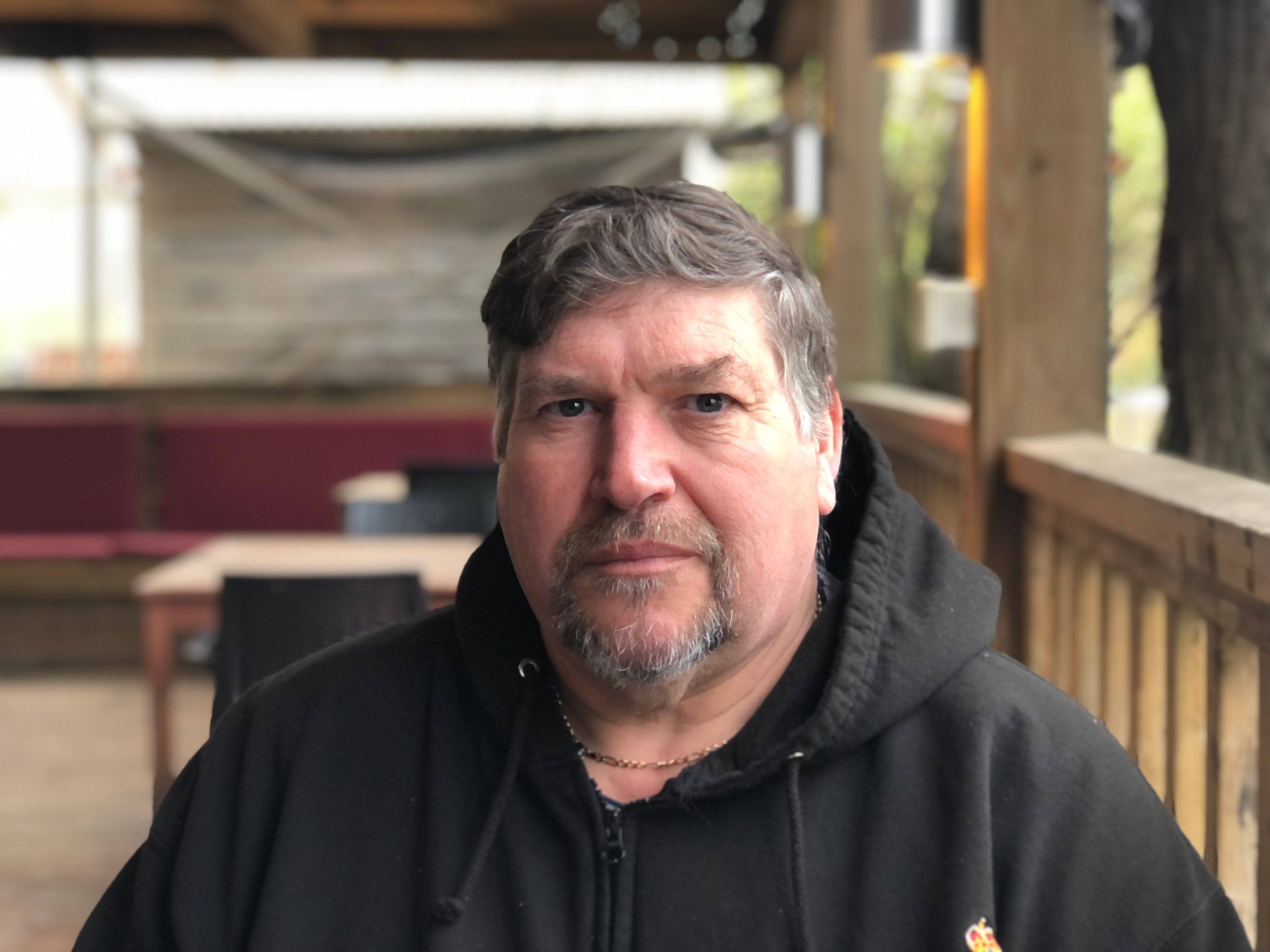
“The recommendation to empower children in care with parity of legal protection, and to register staff in care and secure institutions, will make a massive difference to some of the most vulnerable kids in the UK. We were in a care situation where the people that cared for us were our abusers, and they got away with it as there were no statutes to protect us, and no obligation to report the abuse to the police. And worse still, [there was] disbelief from the local police.
“When school friends escaped to the local police station to tell them what was going on, their allegations were ignored and they were brought back to Forde Park. They were punished in the standard way, by taking [off] all their clothes apart from their y-fronts and thin vests – regardless of the weather – and abused again.
“We had no voice. All children need a voice and to be believed. When the same Devon and Cornwall police force launched Operation Lentisk and finally began investigating properly in 1999, they had no formal training in childhood sexual abuse, yet they were dedicated and finally believed us, which is why we got convictions. We now know that one of the four convicted, Derek Hooper, who was sentenced for 43 offences – which gives you an idea of how many children he abused – had been moved from two other homes for behaving inappropriately with boys before he was let loose on us at Forde Park.
“Testifying to the inquiry meant recounting the abuse all over again, and it was difficult, but we supported each other through it as we believed our experience could help protect others. Sadly, some of us won’t be around to see that. I have been to several funerals, including that of my best friend Paul, who also testified about Forde Park. He died last year from complications after years of alcohol and substance abuse to try to erase the childhood experiences he’d had to relive for the inquiry. It broke my heart. With everything we went through, we were more than friends – we were brothers.
“My worst fear is that more survivors who gave so much to this process will not live to see the findings implemented in full. After seven years of expert and survivor testimony, £186.6m, 4.2 million pieces of written evidence, they can’t ignore these crucial reforms. Our childhoods were stolen from us. We will not have them back, but these recommendations will protect children today.”
If you are a child and you need help because something has happened to you, you can call Childline free of charge on 0800 1111. You can also call the NSPCC if you are an adult and you are worried about a child, on 0808 800 5000. The National Association for People Abused in Childhood (Napac) offers support for adults on 0808 801 0331


Bookmark popover
Removed from bookmarks